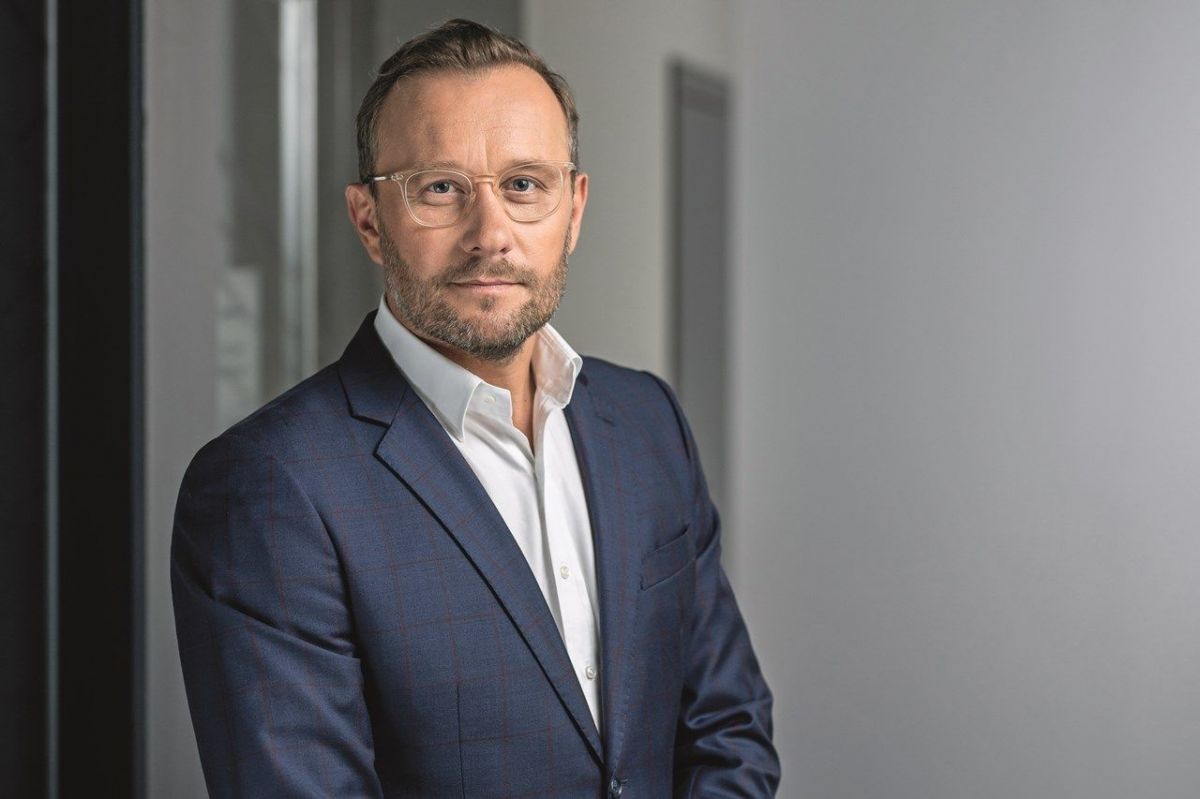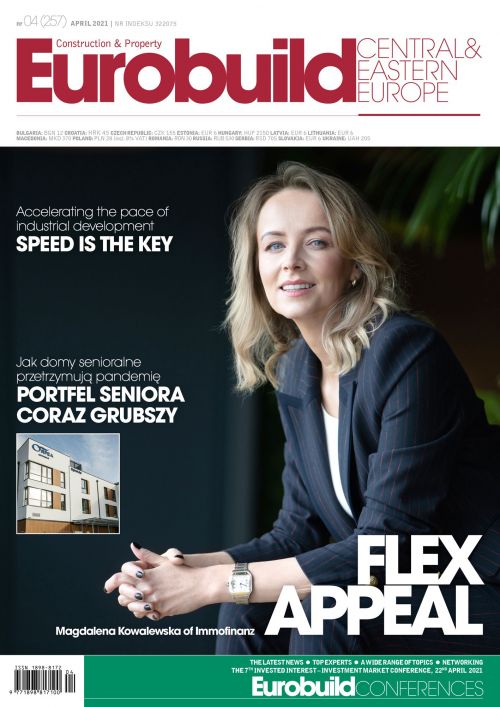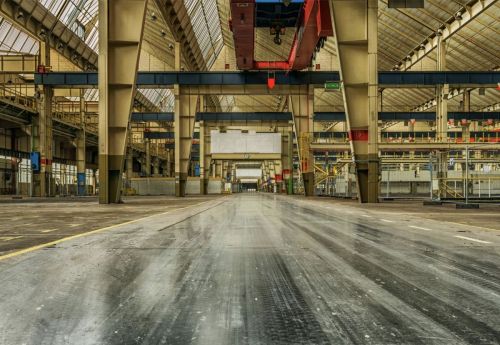A few weeks ago, in summarising the activities of Prologis for 2020, you said that one of the secrets of the firm’s success was “tailoring solutions to measure”. What’s the most fashionable cut for warehouses this season?
Paweł Sapek, the senior vice-president and CE regional head and country manager of Prologis: To extend the tailoring metaphor, one size never fits everyone and one cut will never be liked by all. That’s why tailoring to measure is an important part of our strategy. We are a long-term investor, so when we design our properties we do so from the perspective of many years into the future, and this can be seen both in the care we take to ensure a high-quality product and from our approach in treating warehousing as a service that goes far beyond just the building. As for the current fashions in the sector, I can say that our clients are the best trendsetters – it’s from them that we find out exactly what they need and then we realise their vision. The pand





























































